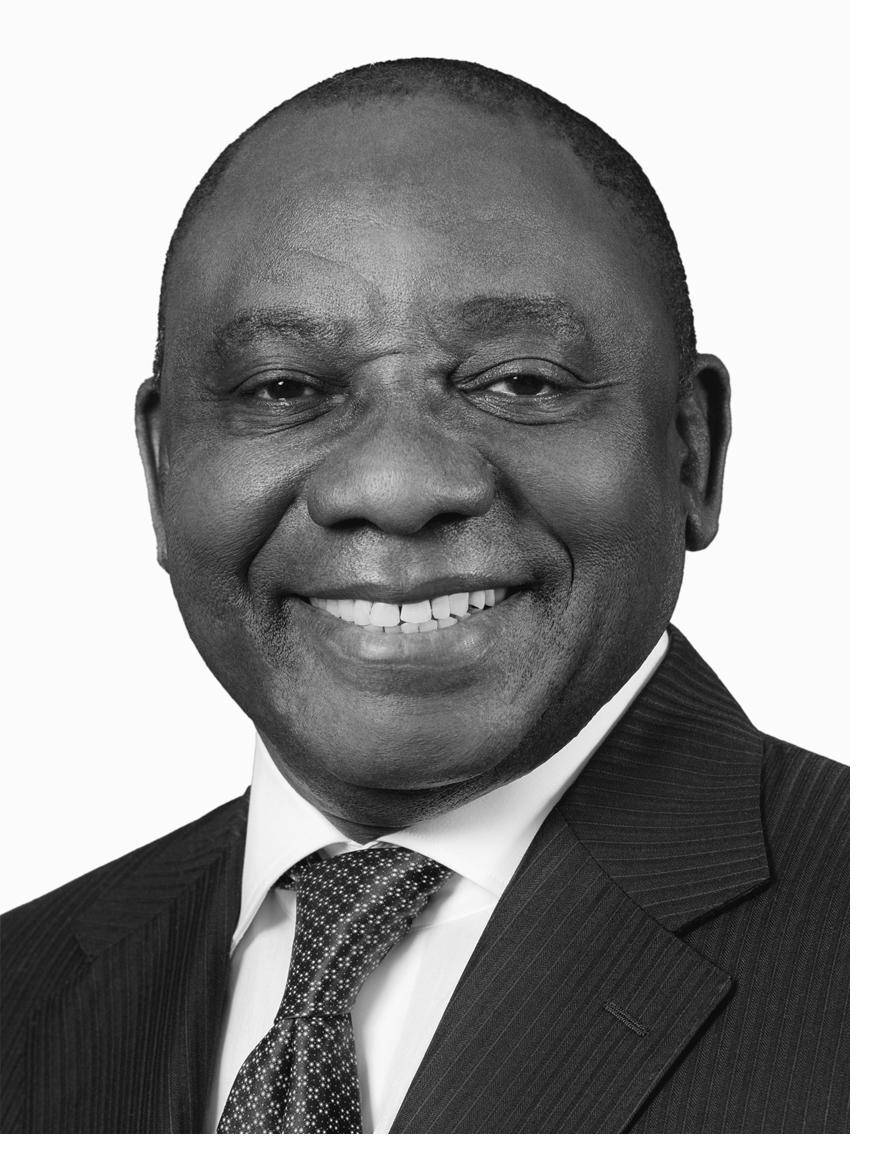Statement by President Cyril Ramaphosa to the World Health Assembly

President of the 74th World Health Assembly, Her Excellency Dasho Dechen Wangmo,
Director-General of the World Health Organisation, Dr Tedros Adhanom Ghebreyesus,
Your Excellencies Heads of State and Government,
Members of the World Health Assembly,
Esteemed Colleagues,
This Assembly is taking place in one of the most critical periods in recent history.
Every country is affected by the coronavirus pandemic.
Millions of lives have been lost, every sphere of life has been disrupted, and citizens of every country have had to endure severe hardship.
This pandemic has made us more aware of our strengths and vulnerabilities.
It has also demonstrated how interconnected we are and how dependent we are on each other for our health and well-being.
At this year’s World Health Assembly, we are urged to end this pandemic, prevent the next one and build a healthier, safer and fairer world.
This requires that we attend with urgency and purpose to the huge divide in the provision of the COVID-19 vaccines to the peoples of the world.
Millions of people in wealthier nations have been vaccinated, while billions of people in poorer countries still wait and are still vulnerable to infection, disease and death.
We all need to work together to correct this.
This is not only a moral imperative. Effective and comprehensive global vaccination is vital to ending the pandemic.
None of us can hope to be safe unless we are all safe.
I have been honoured to co-chair the Access to COVID-19 Tools Accelerator with Prime Minister Solberg.
We sincerely thank funding partners and the scientific community for working so rapidly to develop vaccines, diagnostics, therapeutics and other essential needs.
We call on all leaders to continue to support this essential initiative so that we can raise the $18.5 billion needed to ensure that appropriate tools for prevention, diagnosis and treatment reach all parts of the globe.
We must urgently increase vaccine production across the world, including in low- and middle-income countries.
Among other things, we need all countries to support the call for a limited waiver on intellectual property rights as a mechanism to promote rapid, equitable access.
This will allow countries to allow the use of intellectual property, share technologies to produce vaccines and therapeutics, lower prices and expedite distribution to everyone, everywhere.
As we emerge from the worst of the pandemic, we need to build more robust pandemic response systems.
We need to give attention to the establishment of a Global Health Council that collaborates with the WHO to support regional and national response mechanisms.
We need to invest in our national health systems, understanding that these are vital to the health of our people and the sustainability of our economies.
While the pandemic has exposed some of the weaknesses in our respective health systems, it has also required decisive measures to strengthen them.
In our case, for example, we have had to respond to the fragmentation of our health system, integrating services between the public and private sectors and improving coordination between the different spheres of government.
We improved our capacity to do genomic analysis, relied more on scientific evidence to manage the pandemic, improved diagnostics and increased oxygen supplies.
We need to unpack the global lessons of COVID-19 as we plan for the future.
Building healthier, safer and fairer lives is also about delivering integrated services for HIV, tuberculosis, non-communicable diseases and maternal, newborn and child services.
We cannot reflect on this moment without recognising the contribution of the millions of health workers and other frontline personnel around the world who have demonstrated amazing courage and dedication.
As a global community, we are grateful to Dr Tedros Ghebreyesus for his leadership and the World Health Organisation for its dedication, hard work and tireless efforts.
As humanity, we are in the midst of a devastating crisis.
Let this be a turning point in our attitude towards human health and well-being.
Let it be the beginning of a journey towards a fairer and safer existence for all.
Let us deepen global solidarity and cooperation, and let us face the future together.
I thank you.




